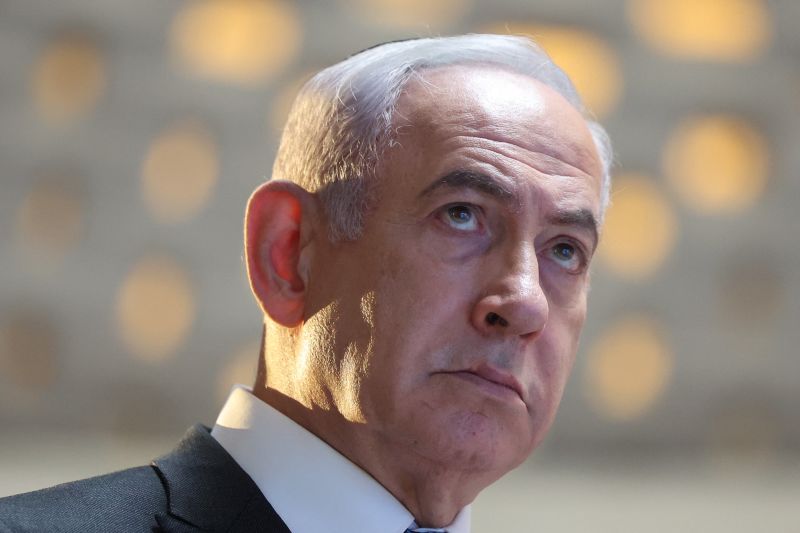November 21, 2024
Israeli Prime Minister Wanted by International Criminal Court
 The International Criminal Court (ICC) has recently issued an arrest warrant for Israeli Prime Minister Benjamin Netanyahu, marking a significant development in the ongoing conflict in the region. Netanyahu is accused of committing war crimes and crimes against humanity in relation to the Israeli occupation of Palestinian territories.
The ICC's decision to issue an arrest warrant for Netanyahu has sparked a wave of controversy and debate both within Israel and on the international stage. The Israeli government has vehemently denied the allegations against Netanyahu, stating that they are a politically motivated attempt to delegitimize and undermine the Israeli state.
On the other hand, human rights organizations and advocates for the Palestinian cause have welcomed the ICC's decision as a crucial step towards achieving justice and accountability for the victims of the conflict. They argue that holding political leaders accountable for their actions is essential in fostering peace and stability in the region.
The issuance of an arrest warrant for a sitting Prime Minister is a rare occurrence and has raised questions about the ICC's jurisdiction and authority over high-ranking government officials. Some critics have raised concerns about the potential impact of the arrest warrant on diplomatic relations between Israel and other countries, as well as the wider implications for international justice and accountability.
Netanyahu's supporters have rallied behind him, citing his leadership in defending Israel's security and interests in a volatile and hostile region. They argue that the ICC's decision is biased and unfair, and that Netanyahu is being unjustly targeted for his efforts to protect his country from external threats.
The ICC's move to issue an arrest warrant for Netanyahu underscores the complex and sensitive nature of the Israeli-Palestinian conflict, as well as the challenges in achieving justice and accountability in such a deeply entrenched and protracted conflict. The international community will be closely monitoring the developments following the arrest warrant, as they have the potential to have far-reaching implications for the region and beyond.
The International Criminal Court (ICC) has recently issued an arrest warrant for Israeli Prime Minister Benjamin Netanyahu, marking a significant development in the ongoing conflict in the region. Netanyahu is accused of committing war crimes and crimes against humanity in relation to the Israeli occupation of Palestinian territories.
The ICC's decision to issue an arrest warrant for Netanyahu has sparked a wave of controversy and debate both within Israel and on the international stage. The Israeli government has vehemently denied the allegations against Netanyahu, stating that they are a politically motivated attempt to delegitimize and undermine the Israeli state.
On the other hand, human rights organizations and advocates for the Palestinian cause have welcomed the ICC's decision as a crucial step towards achieving justice and accountability for the victims of the conflict. They argue that holding political leaders accountable for their actions is essential in fostering peace and stability in the region.
The issuance of an arrest warrant for a sitting Prime Minister is a rare occurrence and has raised questions about the ICC's jurisdiction and authority over high-ranking government officials. Some critics have raised concerns about the potential impact of the arrest warrant on diplomatic relations between Israel and other countries, as well as the wider implications for international justice and accountability.
Netanyahu's supporters have rallied behind him, citing his leadership in defending Israel's security and interests in a volatile and hostile region. They argue that the ICC's decision is biased and unfair, and that Netanyahu is being unjustly targeted for his efforts to protect his country from external threats.
The ICC's move to issue an arrest warrant for Netanyahu underscores the complex and sensitive nature of the Israeli-Palestinian conflict, as well as the challenges in achieving justice and accountability in such a deeply entrenched and protracted conflict. The international community will be closely monitoring the developments following the arrest warrant, as they have the potential to have far-reaching implications for the region and beyond.
If you would like to delve into the world of investment topics , go to our partner project Wall Street Wizardry


